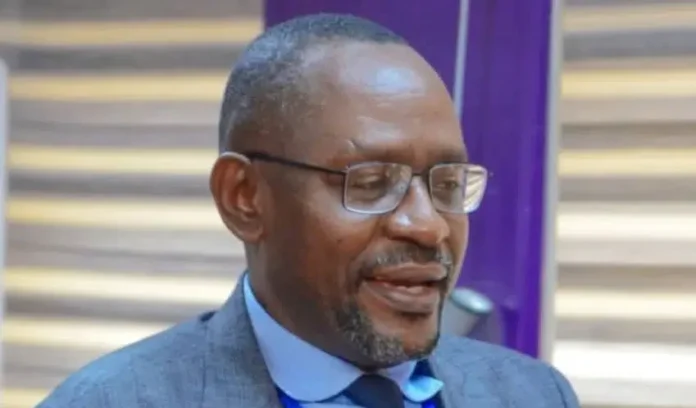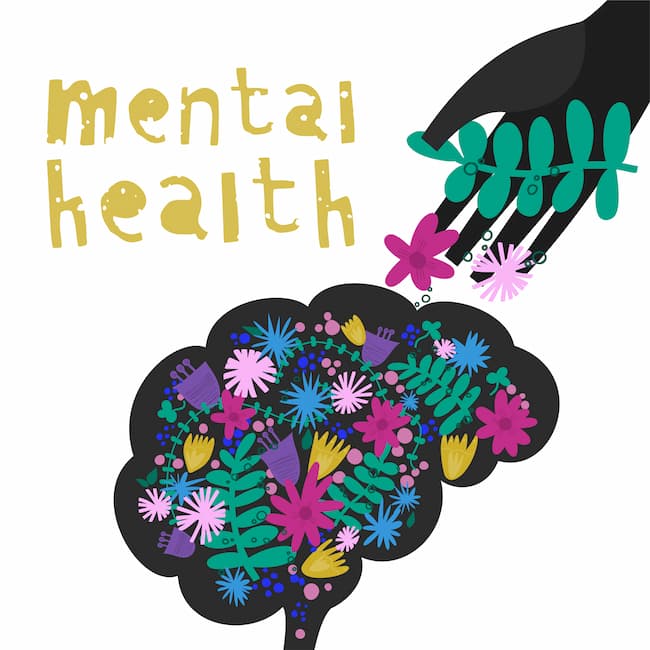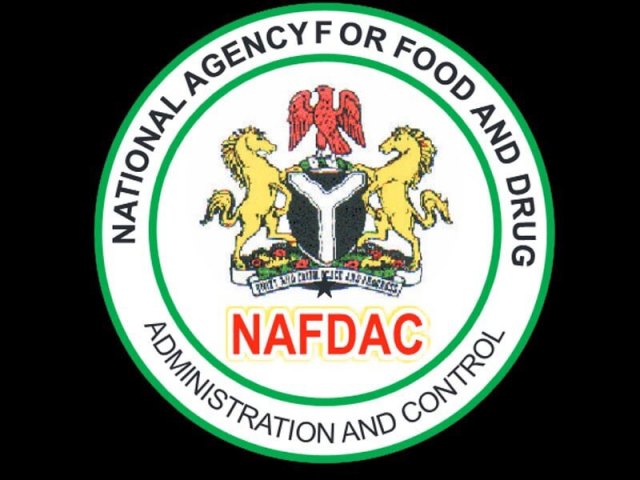The Association of Psychiatrists in Nigeria (APN) raises alarm over the country’s severe shortage of mental health professionals, revealing that fewer than 200 psychiatrists are available to serve Nigeria’s population of over 200 million people.
The APN President, Prof. Taiwo Obindo, discloses this during the 55th Annual General Conference and Scientific Meeting in Ilorin. He describes the situation as an urgent national challenge requiring immediate government intervention. The theme of the conference is “Prioritizing Mental Health Needs of Nigeria in a Depressed Economy: An Urgent Call for Integrated, Comprehensive, and Sustainable Interventions.”
Brain Drain Worsens Mental Health Crisis
Prof. Obindo attributes the dire state of mental health services to the “Japa syndrome,” a term referring to the mass migration of skilled professionals seeking better opportunities abroad. This trend, he explains, has significantly depleted the number of psychiatrists, leaving the remaining practitioners overworked and poorly compensated.
“The few professionals left are overstretched and inadequately remunerated,” he says, calling for urgent action to retain mental health practitioners in the country.
Government Neglect and Budgetary Constraints
Prof. Obindo criticizes the government’s neglect of mental health, noting that it is still managed as a program under the Department of Public Health within the Federal Ministry of Health. He emphasizes the inadequacy of health budget allocations, with mental health receiving less than 6% of the total health budget. This allocation falls short of the 15% benchmark set by the Abuja Declaration of 2001.
He also highlights the significance of the Mental Health Act of 2021, which replaced the outdated Lunacy Act of 1958. While acknowledging this legislative progress, he stresses the importance of its full implementation to address systemic challenges in mental healthcare delivery.
Prevalence of Mental Illness and Cultural Barriers
In a lecture during the conference, Prof. Owoidoho Udofia of the University of Calabar reveals that 12% of Nigerians suffer from mental and behavioral disorders. He points out that cultural misconceptions and limited diagnostic practices contribute to the underdiagnosis of mental illnesses.
“Cultural-specific symptoms often lead to low identification rates of mental illnesses by general practitioners,” he explains. Prof. Udofia also rejects colonial-era stereotypes suggesting that Africans are less likely to experience conditions like depression, emphasizing that mental illness extends beyond schizophrenia and psychosis to include prevalent issues like substance abuse.
The Path Forward
The APN calls for increased funding, improved diagnostic practices, and greater investment in mental health services. Prof. Obindo urges the government to prioritize mental health by creating dedicated programs and providing sufficient resources to strengthen the sector.
These actions, he states, are essential to address the growing burden of mental illness and ensure access to quality mental healthcare for all Nigerians.













